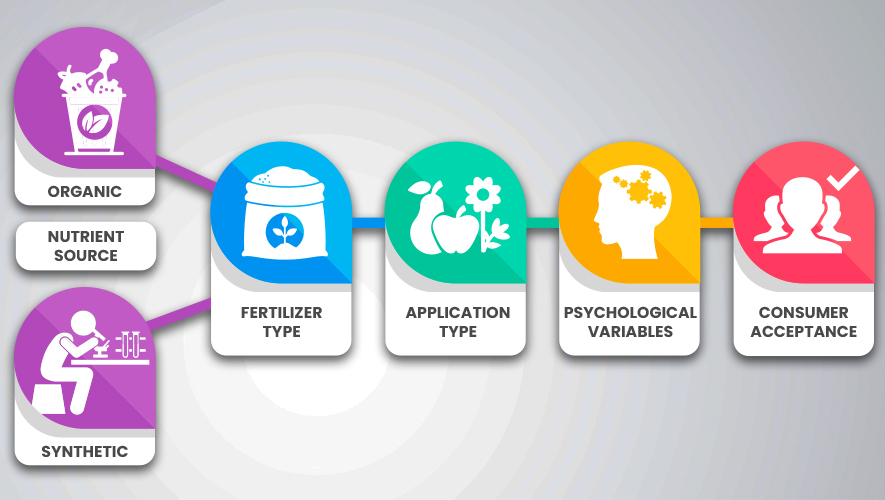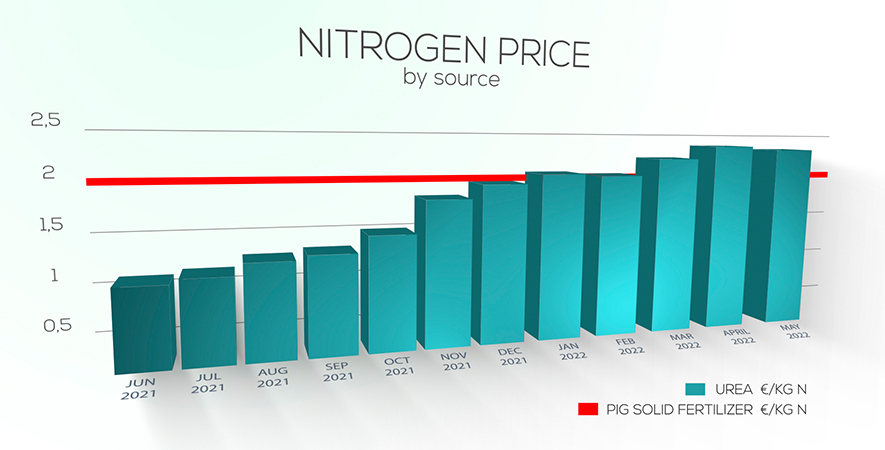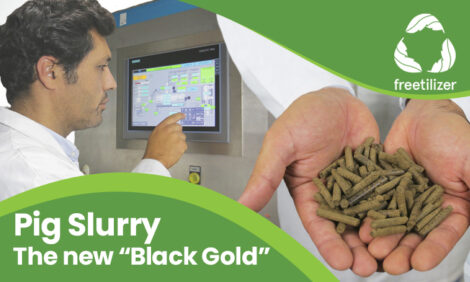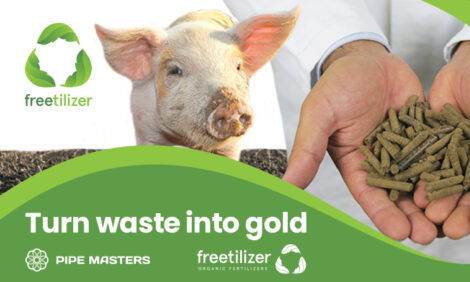



The rise of affordable organic fertilizers
One of the main consequences of the change in global stability due to the pandemic and the war in Ukraine has been to revive a key dilemma in agricultural management, which type of fertilizers to use.
For growers, there are two types of fertilizers to choose from and each one has its own pros and cons: organic and chemical fertilizers. The benefits and drawbacks of organic and chemical fertilizers are still a subject of a heated discussion and conflict among growers. Yet there are significant differences between organic and chemical fertilizers in terms of nutrient availability and the long-term effects on soil, plants, and the environment.
- Chemical fertilizer is defined as any inorganic material of total or synthetic origin that is added to the soil to support plant growth.
- Organic fertilizers are substances derived from the remains or by-products of natural organisms that contain essential nutrients for plant growth.

Chemical fertilizers can be rich in the three macronutrients -nitrogen, phosphorus and potassium - and are an immediate source of nutrients to plants. Standardized labelling makes ratios and chemical sources easy to understand. In contrast, organic fertilizers increase soil organic matter, improve soil structure, improve water holding capacity, reduce erosion from wind and water and offer slow and consistent release nutrients. Organic fertilizers are renewable, biodegradable, sustainable, and environmentally friendly.
In the end, it all comes down to price.

Typically, a chemical fertilizer is more expensive by weight but cheaper in nutrients and less expensive to apply over large areas. On the other hand, an organic fertilizer is cheaper, being sold by the tons, but the value per nutrient is more expensive.
All this was accepted until a war broke out and changed the dynamics and balance of the price of each nutrient, namely nitrogen being one of the most important elements to dictate the monetary value of any organic or chemical fertilizer. As you can see in the graphic representation, nitrogen derived from synthetic urea was cheaper last year, having been overtaken by organic nitrogen due to recent events.
Another aspect to consider is that the price of organic nitrogen is very stable, unlike nitrogen of synthetic origin, which suffers from great fluctuation due to global trading, transport costs and speculation. Even if the scenario reverses and the price of synthetic nitrogen falls, chemical fertilizers tend to leach, requiring additional and repeated applications which results in more money spent.

This small fact is game changing, because if organic fertilizers are more nutritionally complete and the price of organic nitrogen is currently lower, then a farmer get more nutrients for a better price than many chemical fertilizers.
To summarize if you ask to farmers whether they prefer organic or chemical fertilizer, chances are you’ll spark a lively debate. However, if you could ask your plants the same question, you’d find out that they really can’t tell the difference, but soil, nature and your wallet can.
New opportunities are opening for efficient technologies to create the emergence of new producers of organic fertilizers such as Freetilizer, an innovative technology that can create value from pig slurry, transforming it into organic fertilizer in less than 24 hours. Thus, pig farmers can now produce their own fertilizer on their farm – either to use on their own land/crops or to sell to other landowners and/or other industries. Therefore, while simultaneously solving an environmental issue, waste management costs are eliminated, and a new source of revenue is generated. Freetilizer technology represents a unique opportunity for the efficient production of organic waste‐based fertilizers that are presently in high demand.
We are looking forward to your contact.









